Legal vs. illegal: inside Canada’s cannabis marketplace

In August 2019 – almost a year after the legalization of cannabis in Canada – Statistics Canada revealed that 42.7% of cannabis smokers still purchase their products from unauthorized sources. This statistic indicates that the legal status of cannabis in Canada has not yet sufficiently reduced the number of Canadians who are obtaining their products through the illicit market. Despite the efforts to provide safe access to cannabis and overcome the stigma of cannabis use, the prevalence of the illegal market indicates a general lack of information and awareness surrounding Canada’s cannabis laws.
Because the legalization of cannabis is still a relatively recent development, RCU aims to inform and educate the public about Canada’s cannabis policies as well as the rights and responsibilities of every citizen. When it comes to purchasing cannabis, every person needs to know the facts about both the illicit market and the legal market, so that they can make more informed decisions.
Know what you’re getting
Legal cannabis products clearly display the potency, strain, net weight, and expiration date on the label, as well as indicating the THC and CBD levels, so that people know exactly what they are consuming. This assures the user of a more safe and predictable experience. Licenced Canadian cannabis producers are strictly monitored, which means products are well regulated to meet Health Canada’s standards. Products are grown in pristine facilities to ensure that there is no harmful contamination.
Without these safety measures, there are no assurances that illegally obtained cannabis won’t have unexpected or adverse side effects, resulting not only from the potency, but also from unhealthy toxins. Plus, there is no legal recourse or security, should something go wrong.
Legal cannabis is also required to be sold in child-proof, tamper-evident packaging, keeping the product safe from both children and pets, while cannabis from the illegal market does not ensure the safety of children and animals, thus putting them at risk.
Canada’s cannabis laws have stringent measures in place to protect the user.
Know what you’re NOT getting
Legal cannabis products undergo strict and rigorous testing for harmful substances by federally licenced third-party laboratories to guard the integrity of the products and ensure maximum safety for the public. Not only is the cannabis tested for potency, but legal cannabis is also tested for:
- 96 unapproved pesticides by Health Canada
-
Heavy metals (i.e. mercury and lead)
-
Foreign matter (i.e. pests)
- Microbiology (i.e. E. coli, Salmonella)
There is no guarantee that illicit cannabis will not contain these harmful substances.
How to stay legal
Legal vs illegal products
Consumers have the ability to know if their cannabis is counterfeit based on its packaging. An excise stamp must be present on all cannabis products that have been legally produced and are available for purchase. The stamp must be affixed on the package seal to assure that the product has not been tampered with. Each province and territory has a differently colored excise stamp. The middle portion of the stamp should also glisten under light and should come with a unique number written on it.
Here are a few examples of the excise stamp.

CBD vs THC
Just like THC, cannabis products containing CBD are regulated in Canada, and a federal licence is required to cultivate it commercially. Unregulated CBD products may contain no CBD or unwanted additives. With legal CBD products, you know how much of the active ingredient you are getting and what else is contained in the product. CBD products that are available at authorized retailers are the only ones that are legal.
Legal vs illegal stores or sites
Although recreational cannabis is now legal in Canada, you can only legally purchase cannabis from authorized retailers online or in-store, which varies by province. If you search “cannabis store” on some popular maps apps, you'll see results for both legal and illegal stores and a lot of online illegal cannabis sites look legitimate. For example, in Ontario, authorized retailers must display the official cannabis retail seal at their store. To make sure the store is authorized before you purchase, look for the seal or check the official list of authorized stores.
Look for this official cannabis retail seal outside of legal cannabis stores in Ontario

Know the consequences
Even if illegally purchased cannabis is not worth the risk in terms of health complications, it is also not worth the risk in terms of the legal consequences. If a person is caught purchasing - or in possession of - illicit cannabis, they will be fined, starting from $150 for small quantities, while larger amounts will incur larger federal penalties. Selling illegal cannabis without a license could result in a $5000 fine or up to 14 years in prison.
It is also important to know it is not legal to sell to your friends and family, however, you are allowed to share your legally sourced cannabis with other consenting adults.
Canada’s cannabis laws are designed to protect the user. The consequences of the illegal market are not worth it.
So, know your rights, your responsibilities, and the regulations surrounding cannabis use in Canada.
To be more informed, visit RCU – Canada’s cannabis education company. We provide extensive training for retailers, employers, and employees.
Browse our blog page to keep up with all the latest news and information.


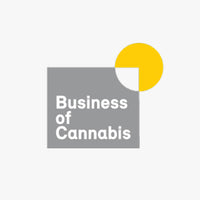
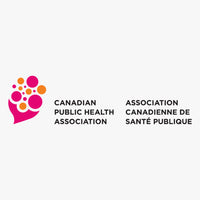
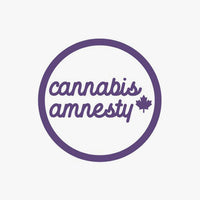
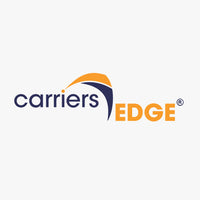
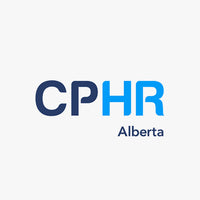
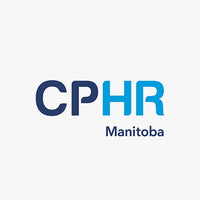
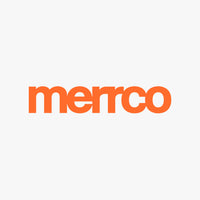
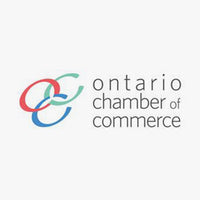

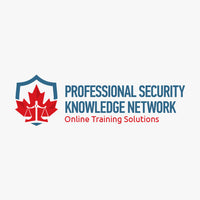
Leave a comment